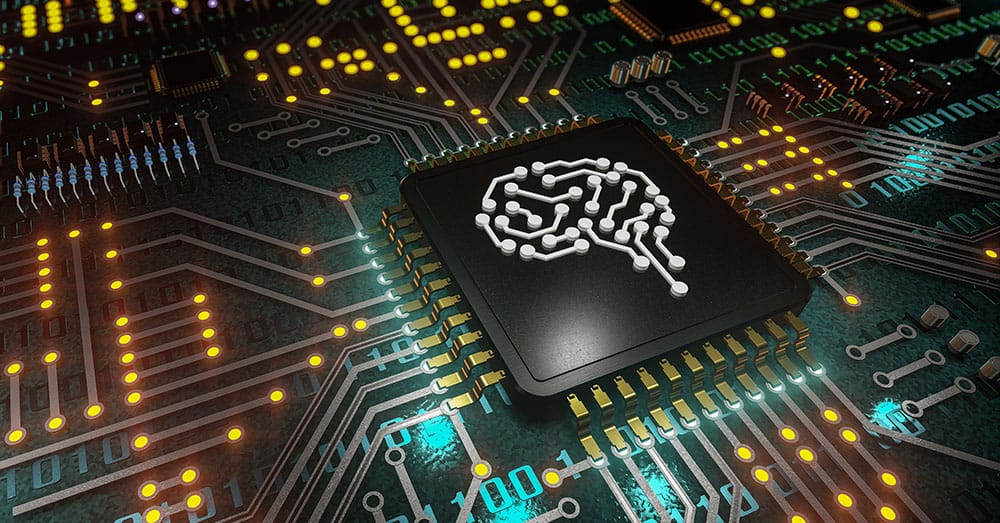Intel’s Gaudi2 AI chip is in high demand.
Training advanced artificial intelligence models like the one that underpins OpenAI’s ChatGPT requires not only immense processing power, but also the right kind of processing power. Graphics processing units from Nvidia (NVDA 1.85%) are well suited to the task. Linked together by the thousands, Nvidia’s data center GPUs can churn through immense data sets and quickly bring a large language model to life.
While Nvidia’s GPUs have emerged as the gold standard for AI acceleration, Intel (INTC 6.60%) is attacking the market from multiple angles. The company sells data center GPUs of its own, including its recently launched Flex and Max series products. Intel’s Max GPUs will power the Aurora supercomputer at Argonne National Laboratory, which is set to come online this year.
Beyond GPUs, Intel’s 2019 acquisition of Habana Labs has given it a product line that’s now at the center of the company’s AI accelerator business. The Gaudi2 AI chip, which has put up impressive numbers in recent AI benchmarks, is gaining traction quickly amid the AI boom.
The AI pipeline is exploding
In Intel’s second-quarter earnings call, CEO Pat Gelsinger disclosed that the pipeline for AI accelerators has now surpassed $1 billion. More impressive than that headline number is how quickly the pipeline is growing. In just a single quarter, Intel has seen its AI accelerator pipeline expand by a factor of 6.
The bulk of this soaring demand is being driven by the Gaudi2 AI chip. The company is currently shipping Gaudi2 at volume, and Amazon Web Services offers Gaudi instances. While Nvidia’s latest H100 data center GPU beats Gaudi2 on raw performance, a specialized chip like Gaudi2 can compete on the total cost of ownership and efficiency, given that it’s tailor-made for AI training workloads.
Intel has secured commitments for its Gaudi product line from major players in the AI industry, including Hugging Face and Stability AI. Over the next few years, the company will launch new products that should help grow the AI accelerator business further. Next-gen Gaudi3 chips are set to launch in 2024. In 2025, Intel expects to ship its Falcon Shores GPU, with Falcon Shores 2 expected in 2026.
Outside of its own AI accelerator products, Intel can benefit from surging demand for AI accelerators through its foundry business as well. Big cloud companies like Alphabet and Amazon design their own custom artificial intelligence chips, and while Intel didn’t provide many details, a portion of its foundry pipeline for its upcoming 18A manufacturing process is for companies designing their own AI accelerators. Intel expects to regain its manufacturing lead with 18A, which would make it a compelling choice for any customer that needs the most advanced manufacturing process.
Time to buy Intel stock?
Intel’s core businesses are still PC and server CPUs, and both of those businesses are struggling. The good news, though, is that the downturn in demand appears to be bottoming out. Intel managed to turn a profit in the second quarter after a string of losses, and it looks like the worst is mostly over.
AI accelerators could become a huge business for Intel in the coming years as companies look for alternatives to Nvidia’s pricey GPUs. Accelerators are a multibillion-dollar opportunity on their own, and manufacturing accelerators for others adds to that opportunity. With Intel still trading at beaten-down levels, the stock looks like a compelling way to bet on the AI revolution.

